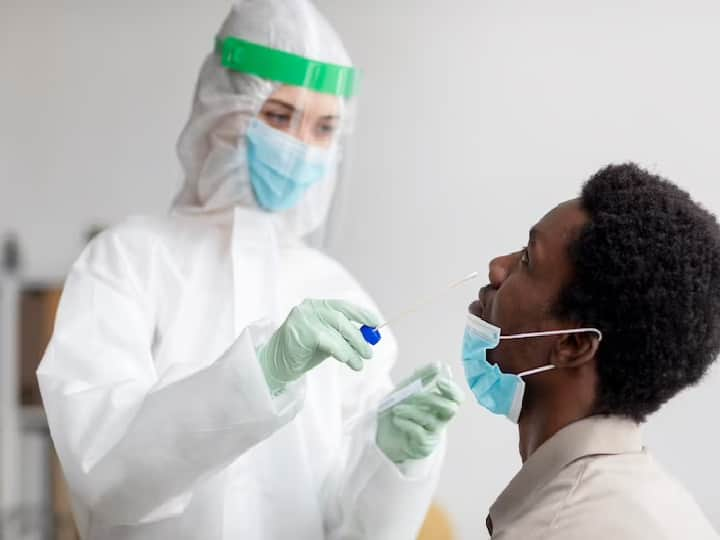Corona Update: 76 samples of the new variant of COVID XBB 1.16 have been found in the country. According to official figures, these cases have been found in Karnataka, Maharashtra, Puducherry, Delhi, Telangana, Gujarat, Himachal Pradesh and Odisha. The data shows that the highest number of XBB 1.16 cases have been found in Karnataka and Maharashtra. At the same time, nine people have died due to H3N2 infection across the country. The death toll from H3N2 infection has increased to nine.
Recently, a case was reported from Pimpri-Chinchwad in Pune, when a 73-year-old man succumbed to the viral infection on Friday. With the threat of increasing this seasonal influenza virus, state governments and union territory governments have issued advisories asking people to maintain cleanliness and take care of children and the elderly.
What are the common symptoms of these viral infections?
Although these are two different viruses, their symptoms are similar to each other probably because both these viruses affect the respiratory system of a healthy person. Common symptoms that can confuse people whether it is H3N2 or COVID are fatigue, cough, headache and sore throat.
How to differentiate between the two transitions?
It is difficult to differentiate between the two infections, which can be confirmed after a test. Flu is more likely to cause high fever and myalgia or body aches. The classic symptoms of COVID are sore throat, cough and runny nose. Compared to the flu, COVID-19 can cause more severe illness in some people. Compared to people with the flu, people infected with COVID-19 may take longer to show symptoms and may be contagious for a longer period of time.
When do these infections spread?
People with flu virus infection are contagious for about a day before showing symptoms, older children and the elderly with flu appear to be most contagious during the first 3-4 days of their illness, but some people are contagious for slightly longer. can stay. Infants and people with weakened immune systems can remain contagious for even longer. In the case of COVID, people can spread the virus 2-3 days before symptoms appear and it peaks just a day before symptoms appear. COVID infected people can spread the disease even when they do not have symptoms.
How to stop these viral attacks?
The best way to prevent these attacks is to avoid crowds. Wear a mask in open places. Always keep sanitizing your hands. Do not touch your face, nose and mouth with unwashed hands. Maintain physical distance from those showing symptoms. Avoid going out if you have symptoms of flu or covid. If you have children or elders in your house, stay away from them when infected.
Disclaimer: Before following the methods, methods and suggestions mentioned in this article, do take the advice of a doctor or a related expert.
Check out below Health Tools-
Calculate Your Body Mass Index ( BMI )
